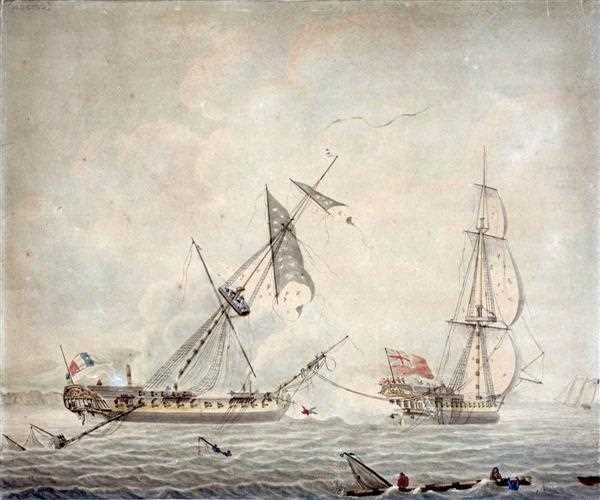
Prize Courts
A national court in which the legality of the capture goods and material in the sea and related questions are determined. Or in short, we can say that this is a court which deals with the matter related to sea captured goods, ships, and other material rules.
These courts have jurisdiction all over the sea of its nation and during
wartime whenever any ships or any consignment comes in the jurisdiction of the courts, they used to capture it and used it for its own interest. Here own interest means the beneficiary decision for the nation.
The prize court may order the sale or the destruction of the seized ship
and the distribution of any proceeds to the captain or the crew of the ship. And the court
may order the return of the ship and goods to the owner of the ship on the ground of the illegal seizing of the goods.
History of the Prize Court
These courts were common during the 17 and 19 centuries. The United States established the
federal court of appeals
in cases of Seizing and capture in 1780. This was the peak time of both the
American and European naval wars. These courts were governed by the states of their own jurisdiction and they were only allowed to
check the legality of the captured ship and prizes. At the conclusion and end of the war, the courts were
ended in 1787.
In England and Wales, these Prize cases were read and juried by the
Admiralty court, part of the Queen bench, a Division of the
High Court of Justice.
In France, the Prize council to determine the issue of the Prize, the jurisdiction was given to the
Criminal Court in 2007. And the president of the French Republic was the
Acting Judge of the Court.
International Prize Court
At the beginning of the 20th century, the Proposal was sent to the
International Court of Justice Hague to establish a court to deal with the matter related to the Prizes and see seizing laws. Later on, the
Convention Related to the Creation of the International Prize Court, was
established at the Hague ICJ on October 18, 1907. But unfortunately, it was
never ratified or implemented in the court.
Read More